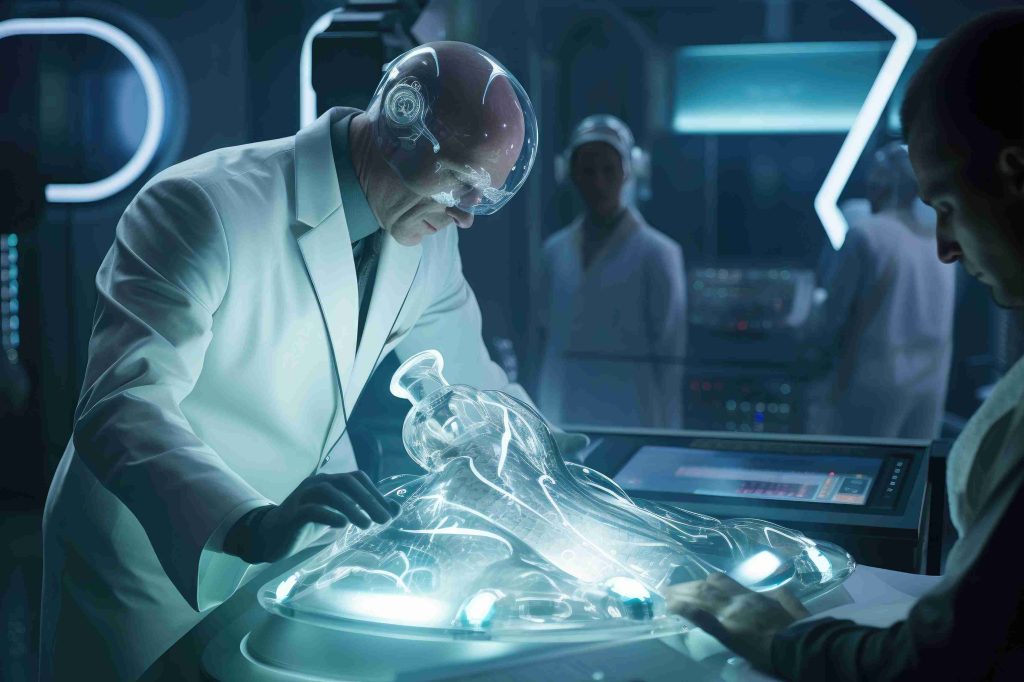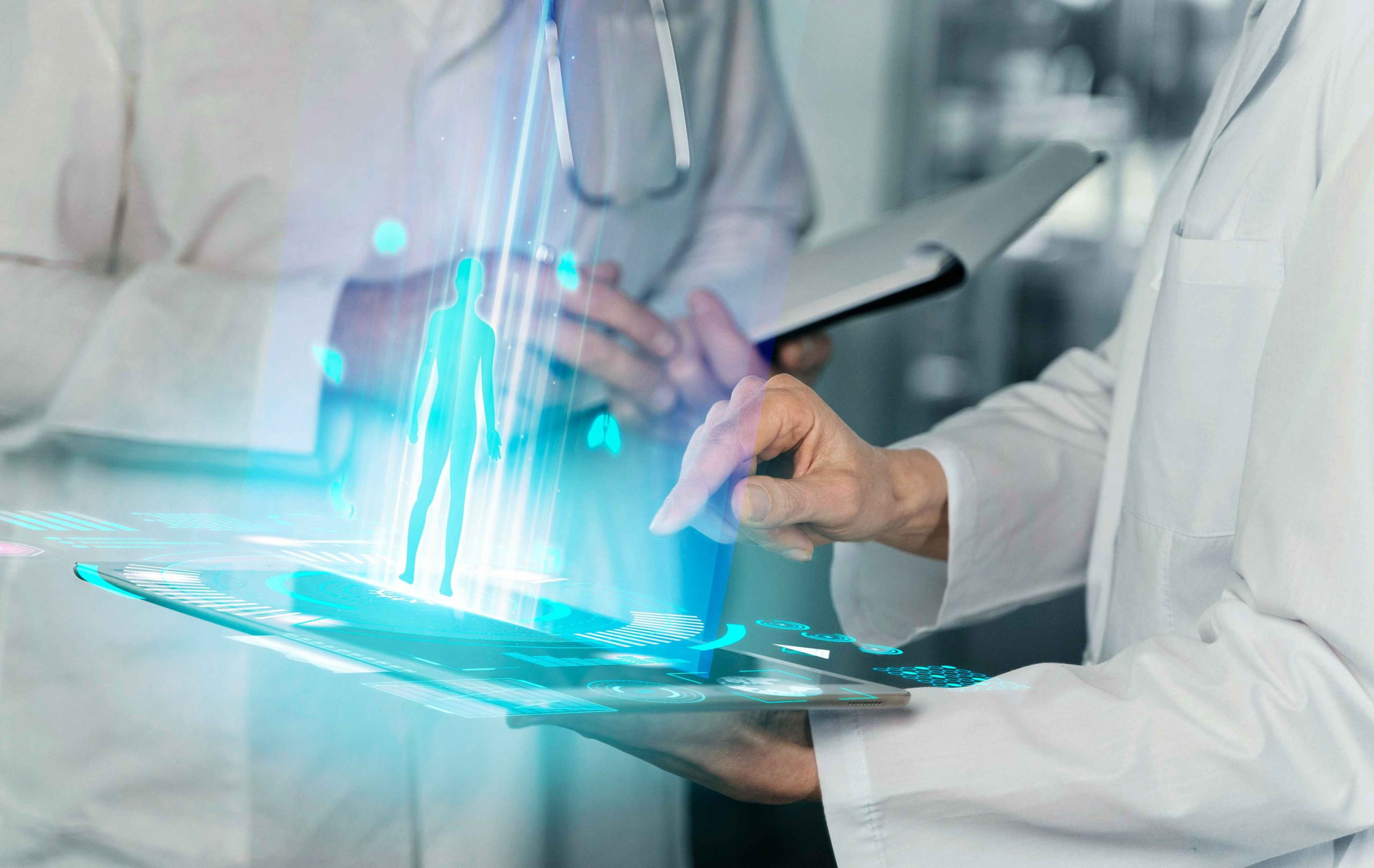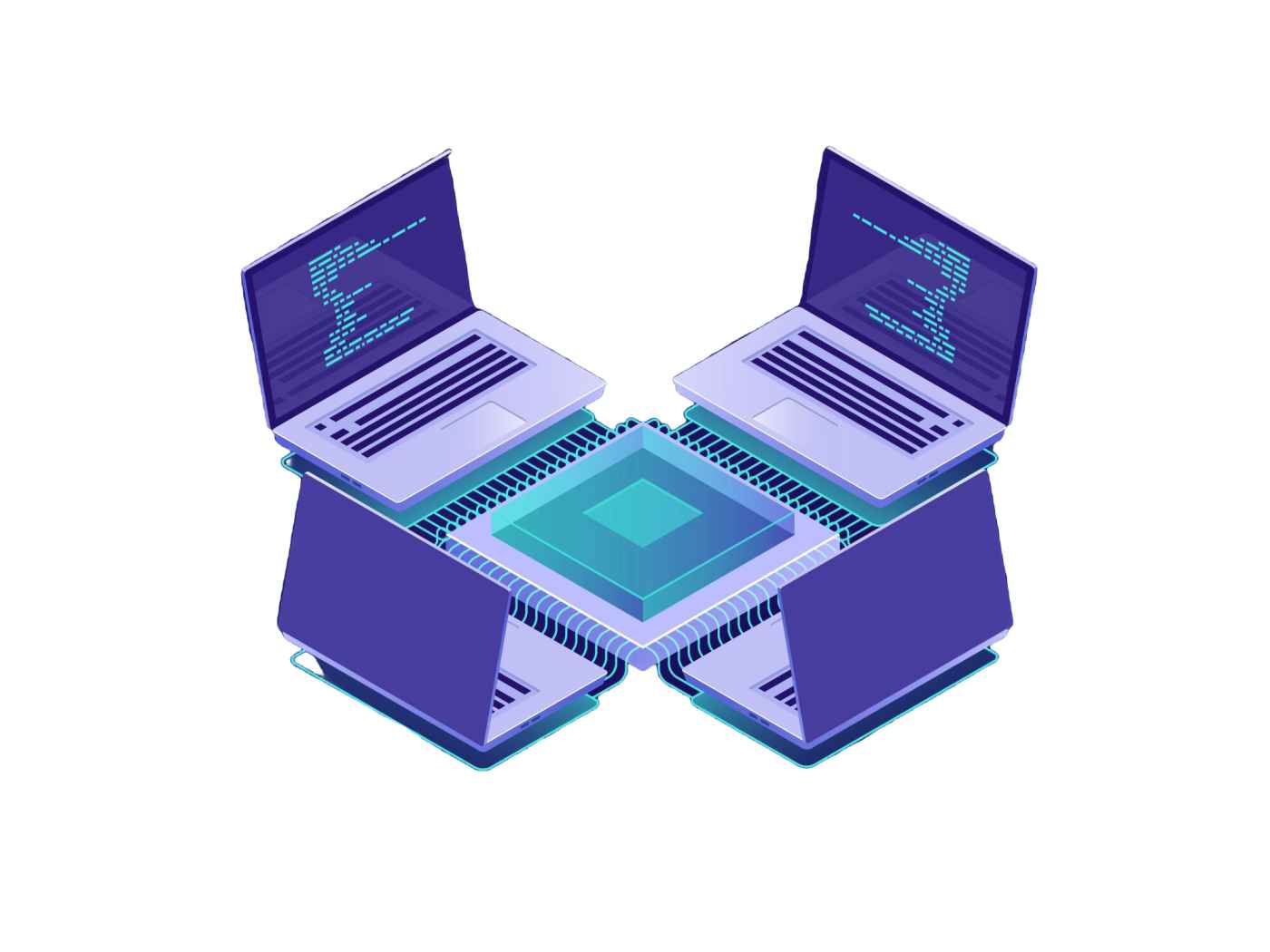AI in medicine is no longer a science fiction concept; it is being rapidly adopted by various industries, especially in healthcare. For science students aspiring to catch up with this dynamic world, understanding how AI is used in medicine is crucial. Here, the article explains how AI-empowered services are revolutionizing the medical world- their applications, advantages, and future scopes.
AI has become one of the major contributions to the healthcare process in helping with diagnosis. Time-consuming traditional diagnosis procedures have been made more efficient and less prone to human error. AI has algorithms that provide a diagnosis both quickly and accurately. For instance, machine learning models can analyze medical photographs such as X-rays, MRIs, or CT scans to uncover anomalies that might escape the human eye, like finding tumors or fractures. Studies have revealed that AI-powered systems sometimes surpass radiologists in accuracy, thus promoting earlier diagnosis and treatment.
In addition, the way AI will change future personalized medicine is also significant. Patients get treatment options suitable only for them based on lots of data, in fact perhaps millions of data points, including genetic information, health records, lifestyle factors, etc. All these points are included under the definition of precision medicine, wherein the therapies will be more effective, and fewer side effects are guaranteed. For science students, understanding these advanced algorithms along with their applications will open doors for new research schemes and innovative ideas regarding medical treatments.
Sprinting Towards Total Drug Prevention by AI: Here’s how drug development has been laboriously expensive, taking many years and costing billions to bring a novel medication into the market. It shortens the process by predicting what drug formulation might be best for specific disease conditions and recognizes already-patented drugs that may be repurposed. Atomwise is, for example, screening millions of compounds in a few hours using artificial intelligence, significantly reducing the time required for finding candidate compounds for clinical trials. This rapid identification presents innocuous proof of both lifesaving and resource economization that AI can affect.
AI chatbots and virtual health assistants are some of the examples through which technology is bringing improvements to patient care. They provide immediate assistance to patients by helping them with their symptoms and scheduling appointments without direct human involvement. With the result that most patients can focus here, healthcare delivery becomes more effective and available, as well as putting science students in a position to apply their learnings regarding AI technology towards the development of such applications.
Predictive analytics is one more important component of artificial intelligence in healthcare. AI can be used in predictive analyses to learn from all previous data and analyze it for patterns that provide insights into predicting disease outbreaks, the number of patient hospital admissions, and patient’s individual health risks. For example, algorithms can feature compelling variables that can help predict whether a patient will develop diabetes or heart disease based on records of their existing health parameters. This permits proactive action by healthcare providers that can then facilitate improved health outcomes later.
For them to understand AI in terms of ethics in medicine as science students, data privacy biased algorithms and human oversight have to be some of the issues brought further to the address of issues of responsible use of AI within such a global framework for health. The task of future researchers and practitioners will involve creating ethical guidelines that will weigh innovations against the safety and equity that are supposed to be included for patients.
AI is indeed changing the world of medicine today and can help improve diagnosis, personalize treatment, speed drug discovery, and improve patient engagement. Future scientists will find it very important to get acquainted with all of these in terms of their career development and their contribution towards a healthier and more efficient healthcare system. The opportunities for betterment in patient care and outcomes are limitless as technology continuously evolves.




